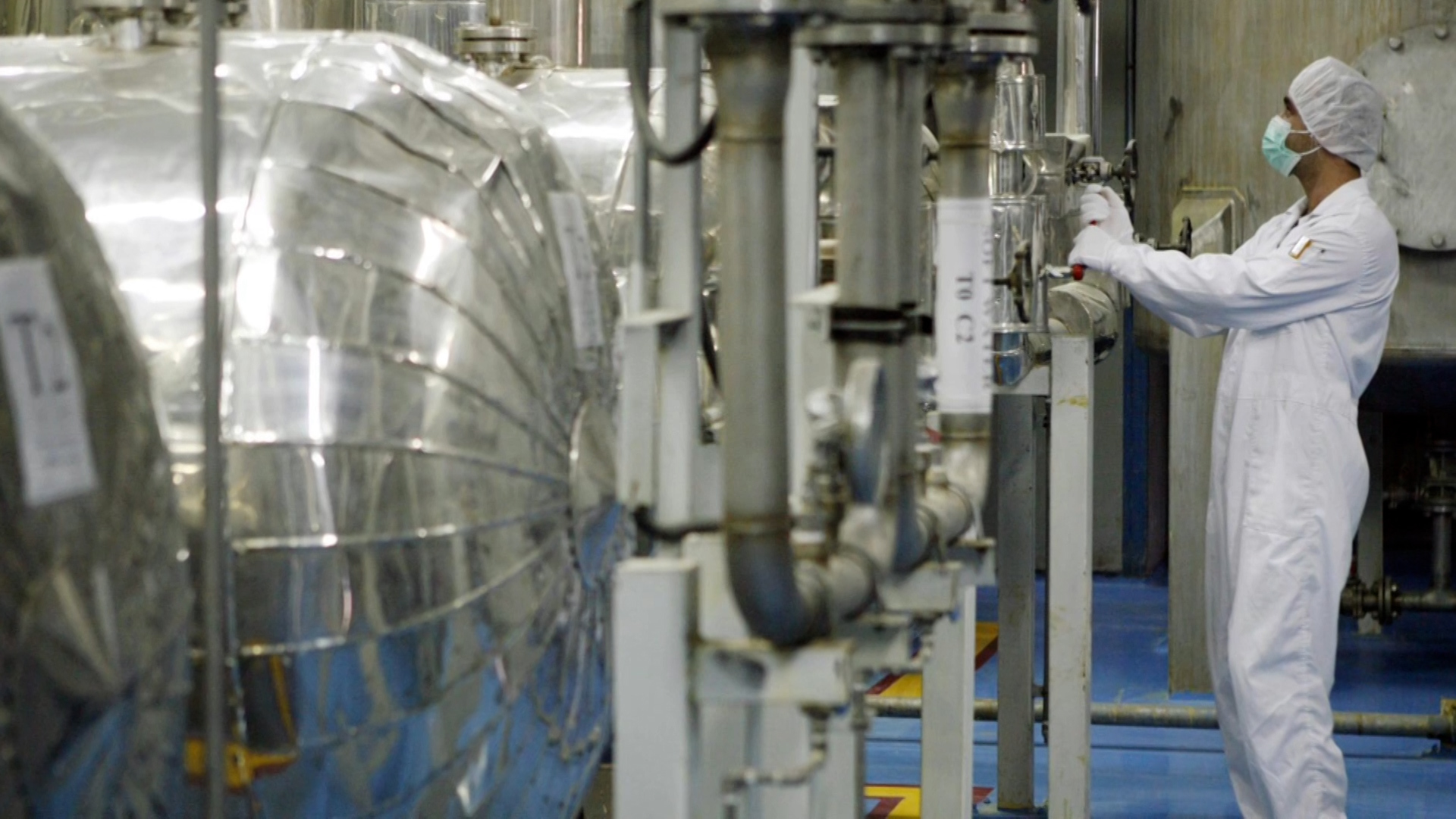Iran said Friday it could accept the European Union's proposal to revive the 2015 nuclear deal "if the union provides reassurance" of Tehran's main demands.
The official IRNA news agency quoted a diplomatic source - who was not identified - that Tehran is reviewing the European proposal, which "could be acceptable if it provides Iran with reassurance regarding protection, sanctions and guarantees."
He pointed out that the files in which Iran demands guarantees are the relationship with the International Atomic Energy Agency, the issue of allegations related to the Iranian nuclear program, lifting sanctions, and ensuring that the agreement is not violated.
On Monday, the European Union submitted a "final text" after four days of indirect talks between US and Iranian officials in Vienna.
A senior EU official said no further changes could be made to the text, which has been under negotiation for 15 months, and added that he expected a final decision from the parties in "a very, very few weeks".
The United States has previously announced that it is ready to quickly reach an agreement to revive the nuclear deal based on European Union proposals.
Russian optimism
In this context, Russia's permanent representative in Vienna, Mikhail Ulyanov, said that the fate of the Iranian nuclear agreement will become clear early next week, adding that the parties seem to have agreed on the text of the agreement almost completely.
In an interview with the Russian newspaper Izvestia, Ulyanov explained that the parties have reached the end of the negotiations, either to the failure of the deal or its success, and that there will be no protracted negotiations in the foreseeable future.
Ulyanov added that everything now depends on whether all the countries participating in the talks, and Iran in the first place, agree to the version of the solution that was circulated on August 8, noting that the issue is under consideration in Tehran.
Ulyanov also said that, according to the version of the agreement, the parties are supposed to return to the original version of the agreement, but with a slight modification in the deadlines, noting that Iran will transfer its nuclear program to its previous state according to the agreement, as he put it.
Ulyanov stressed that after lifting the restrictions, Iran will be able to increase oil supplies starting next year, and this increase will have a significant impact on the global market.
An agreement, not a treaty
Iran is seeking guarantees that no future US president will withdraw from the deal if it is revived, as former President Donald Trump did in 2018 and reimposed US sanctions on Iran.
US President Joe Biden cannot provide such assurances because the agreement is merely a political understanding and not a legally binding treaty.
And the revival of the 2015 agreement seemed imminent last March, but the indirect talks between Tehran and the Biden administration in Vienna - which lasted 11 months - failed to reach an agreement, as Iran insisted that Washington remove the Revolutionary Guards from the US list of foreign terrorist organizations, but The latter refused.
Under the 2015 deal, Iran limited its uranium enrichment program, which may be a pathway to obtaining nuclear weapons, in return for relief from US, European and United Nations sanctions.

